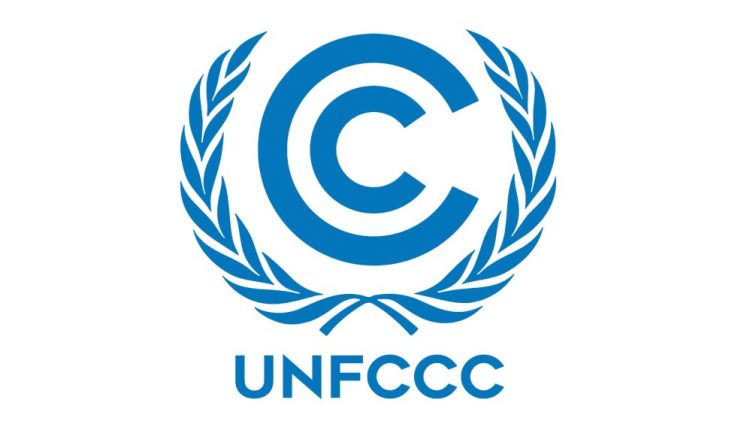Ethiopia hosting UNFCCC’s meeting of LEG46
Addis Ababa, August 20, 2024 (FBC) – The Government of Ethiopia, as a Party to the United Nations Framework Convention on Climate Change (UNFCCC), through the Ministry of Planning and Development, is hosting the 46th meeting of the UNFCCC Least Developed Countries Expert Group (LEG 46) in Addis Ababa this week.
This meeting is taking place from August 19 to 22, 2024, at the United Nations Economic Commission for Africa (UNECA) headquarters in Addis Ababa.
The primary objective of this meeting is to review and discuss the progress in implementing the group’s 2024–2025 work programme, according to the Ministry of Planning and Development (MoPD).
The discussions will include representatives from the Least Developed Countries (LDCs) and relevant organizations, such as the Adaptation Fund Board secretariat, the Green Climate Fund secretariat, the Global Environment Facility and its agencies, as well as regional centers and networks, focusing on support for the LDCs.
The meeting commenced today with a welcoming address by Mr. Seyoum Mekonnen, State Minister of the Ministry of Planning and Development, in the presence of Antonia Pedro, Deputy Executive Secretary of UNECA; Mr. Mvans Njewa, Chair of the LDC Group under the UNFCCC; Mr. Gabriel Kapaka, Chair of the LDC Expert Group; and Mr. Paul Desanker from the UNFCCC Secretariat.
In his welcoming remarks, Mr. Seyoum Mekonnen highlighted and mentioned the objective of the meeting and coincides with the national tree planting campaign as part of the green legacy initiative of Ethiopia expected to plant 600 million tree seedlings on Friday August 23, 2024 throughout the country and encourage participants to plan trees during this period.
Additionally, alongside the LEG meeting, participants will be taken on a city tour of the Addis Ababa Corridor Development Projects which aims to offer participants a glimpse of Ethiopia’s beautiful capital while providing a well-rounded perspective on the country’s rich cultural heritage and resilience-building efforts, which contribute to the global adaptation goal.


